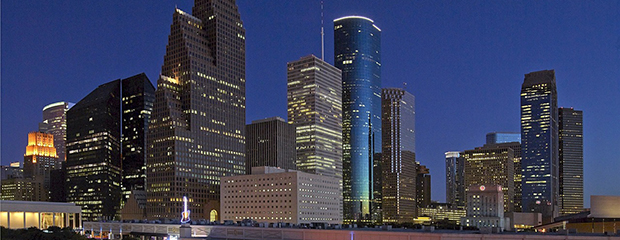5 Things Every Houstonian Needs to Know about November “HERO” Vote
 On Tuesday, November 3rd, Houston voters will finally have a chance to vote for or against the controversial LGBT “Equal Rights” Bathroom Ordinance (or HERO), known as Proposition 1 on the ballot.
On Tuesday, November 3rd, Houston voters will finally have a chance to vote for or against the controversial LGBT “Equal Rights” Bathroom Ordinance (or HERO), known as Proposition 1 on the ballot.
The vote comes after a more than yearlong campaign by Houston Mayor Annise Parker to illegally disenfranchise voters and intimidate opponents, including efforts to silence Houston pastors by attempting to subpoena their sermons and private church communications. A unanimous Texas Supreme Court ruled against the Mayor in July ordering the Council to stop enforcement of the ordinance and “comply with its duties” to allow Houstonians to vote on the issue.
With Election Day closing in, a thorough analysis reveals the ordinance is about giving local government new power to force private individuals and businesses to affirm homosexual conduct and actual or perceived “gender identity” under threat of serious criminal penalties. Openly lesbian Mayor Parker admitted as much during the original debate over the ordinance in 2014, when she said in her own words ‘This [ordinance] is about me.’
Here is an updated analysis of the ordinance that all Houston voters should consider:
The ordinance will allow men access to women’s bathrooms, shower rooms, and locker rooms (any “place of public accommodation”). The proposed ordinance requires Houston businesses to make all women’s bathrooms, showers, and locker rooms available to all who are dressed in female attire, without regard to biological sex. This will place women and children at risk.
The ordinance would force employers and private business owners to violate their religious and moral convictions. It subjects individuals to criminal prosecution for refusing to participate in the celebration of the homosexual conduct because of their religious beliefs or conviction of conscience. This includes bakers, florists, planners, musicians and others who might decline to participate in same-sex weddings that violates their faith. A similar law in New Mexico was used to force a Christian Photographer to use her gifts and talents to affirm and participate in a same-sex ‘commitment ceremony’ that she disagreed with or face punishment by the state.
The ordinance promotes government-backed discrimination by seeking to criminalize opposition to homosexual and transgender behavior. Anti-discrimination protections for race, color, national origin, sex, and religion are already protected in state and federal law. Many believe the ordinance will actually promote discrimination by imposing “sexual orientation” and “gender identity” as protected classes onto the private sector of Houston, while centralizing the power of investigation, fines, and punishment under the Mayor.
The ordinance equates race with sexual conduct. The Civil Rights Act of 1964 bars discrimination based on race (and color, national origin, sex, and religion). The U.S Supreme has declined to subject classifications based on “sexual orientation” to the “strict scrutiny” legal standard that applies to race.
The ordinance increases government interference in the private sector by mandating employment of homosexual and transgendered persons. The ordinance seeks to substitute the judgment of the Mayor for that of the employer regarding what qualities or characteristics are most relevant to a particular job. Houston businesses could be forced under penalty of law to hire people that openly promote homosexual or transgender behavior that is inappropriate for their job and contrary to the business owner’s religious convictions.
Early voting begins on October 19 and the last day to register to vote is October 5. Houston voters will also have a chance to vote for Mayor and City Council. We encourage Houstonians to ensure they are registered and prepared to vote in the Nov. 3rd election.

